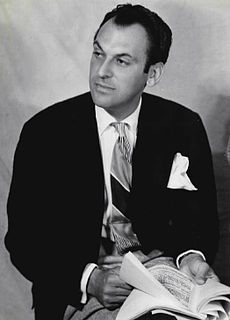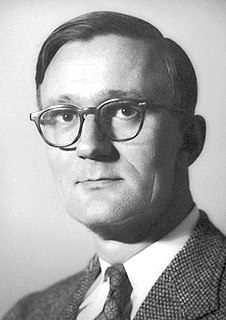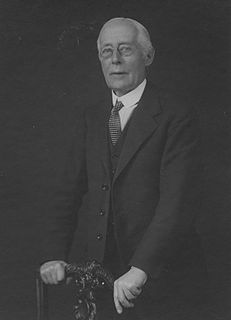A Quote by Phyllis Chesler
Goddesses never die. They slip in and out of the world's cities, in and out of our dreams, century after century, answering to different names, dressed differently, perhaps even disguised, perhaps idle and unemployed, their official altars abandoned, their temples feared or simply forgotten.
Related Quotes
Other centuries had their driving forces. What will ours have been when men look far back to it one day? Maybe it won't be the American Century, after all. Or the Russian Century or the Atomic Century. Wouldn't it be wonderful, Phil, if it turned out to be everybody's century, when people all over the world--free people--found a way to live together? I'd like to be around to see some of that, even the beginning.
I have begun to feel that there is a tendency in 20th Century science to forget that there will be a 21st Century science, and indeed a 30th Century science, from which vantage points our knowledge of the universe may appear quite different than it does to us. We suffer, perhaps, from temporal provincialism, a form of arrogance that has always irritated posterity.
It has been very humbling and gratifying to have these men as our role models. Your generation enabled America to close out the twentieth century as the greatest nation in the history of mankind, the only remaining superpower, the world's leading economy and the world's most respected and feared military force in the world - respected by our friends and allies, feared by our adversaries.
Memento mori - remember death! These are important words. If we kept in mind that we will soon inevitably die, our lives would be completely different. If a person knows that he will die in a half hour, he certainly will not bother doing trivial, stupid, or, especially, bad things during this half hour. Perhaps you have half a century before you die-what makes this any different from a half hour?
Perhaps the best testimony to the effectiveness of the reforms of 1852 is the fact, that men of a slightly later generation, familiar with the working of the courts half a century after, find it difficult to believe that such abuses as are plainly described by the legislation of that year, should really have existed in the middle of the nineteenth century.
Ghosts, we hope, may be always with us - that is, never too far out of the reach of fancy. On the whole, it would seem they adapt themselves well, perhaps better than we do, to changing world conditions - they enlarge their domain, shift their hold on our nerves, and, dispossessed of one habitat, set up house in another. The universal battiness of our century looks like providing them with a propitious climate.
Perhaps this is how girls fall -- not in some crime of enchantment at the hands of a wicked ne'er-do-well, a grand before and after in which they are innocent victims who have no say in the matter. Perhaps they simply are kissed and want to kiss back. Perhaps they even kiss first. And why should they not?
Look back on the utopian dreams of the previous century, or even the century before that, where people thought machines would ultimately give us a quality of life where our needs would be taken care of so we could all basically be artists together in the evening, after we had fished, hunted, raised cattle - or whatever it was Marx imagined for us.





































